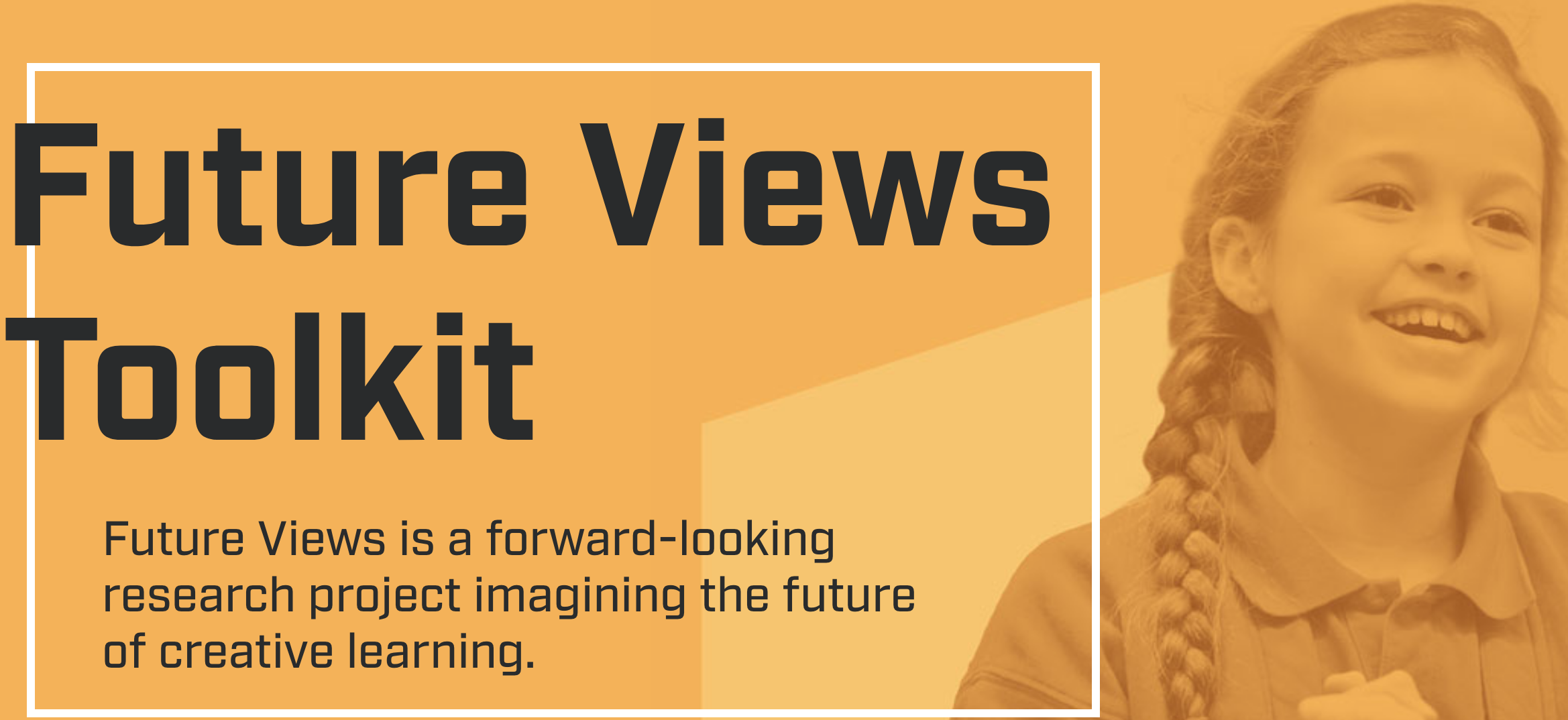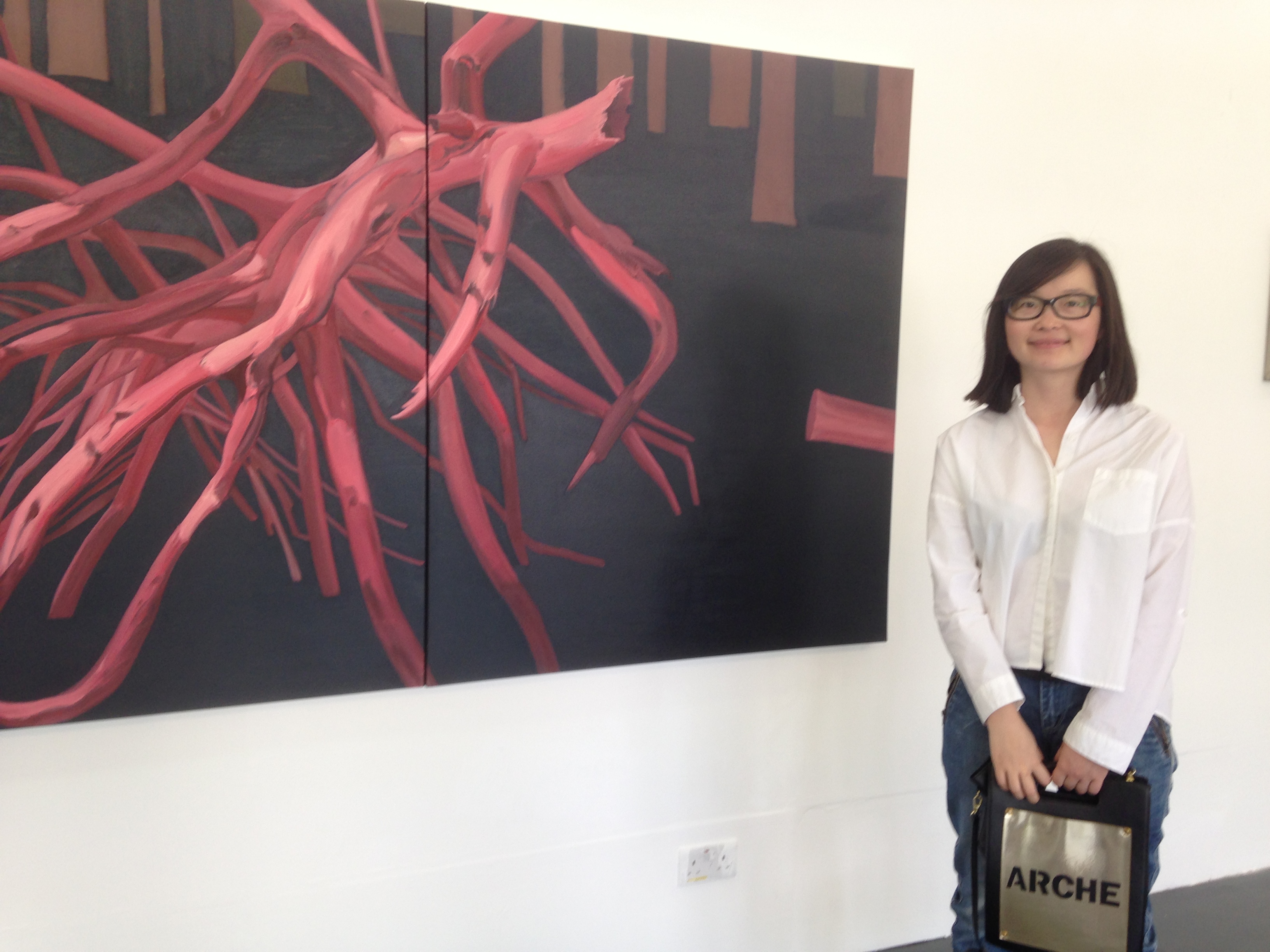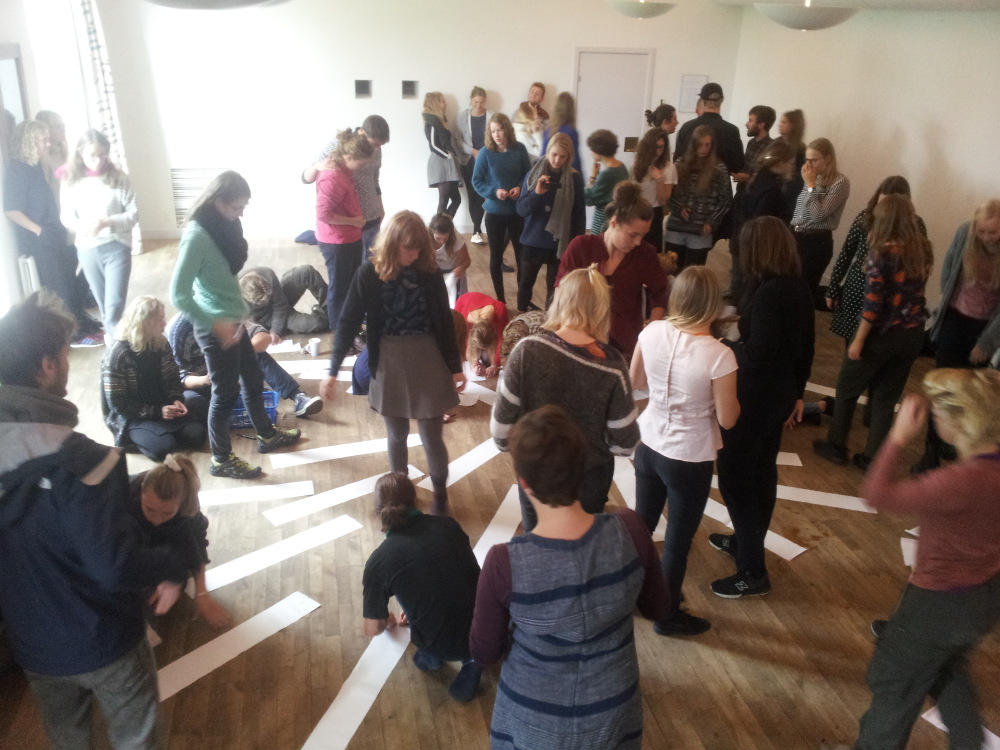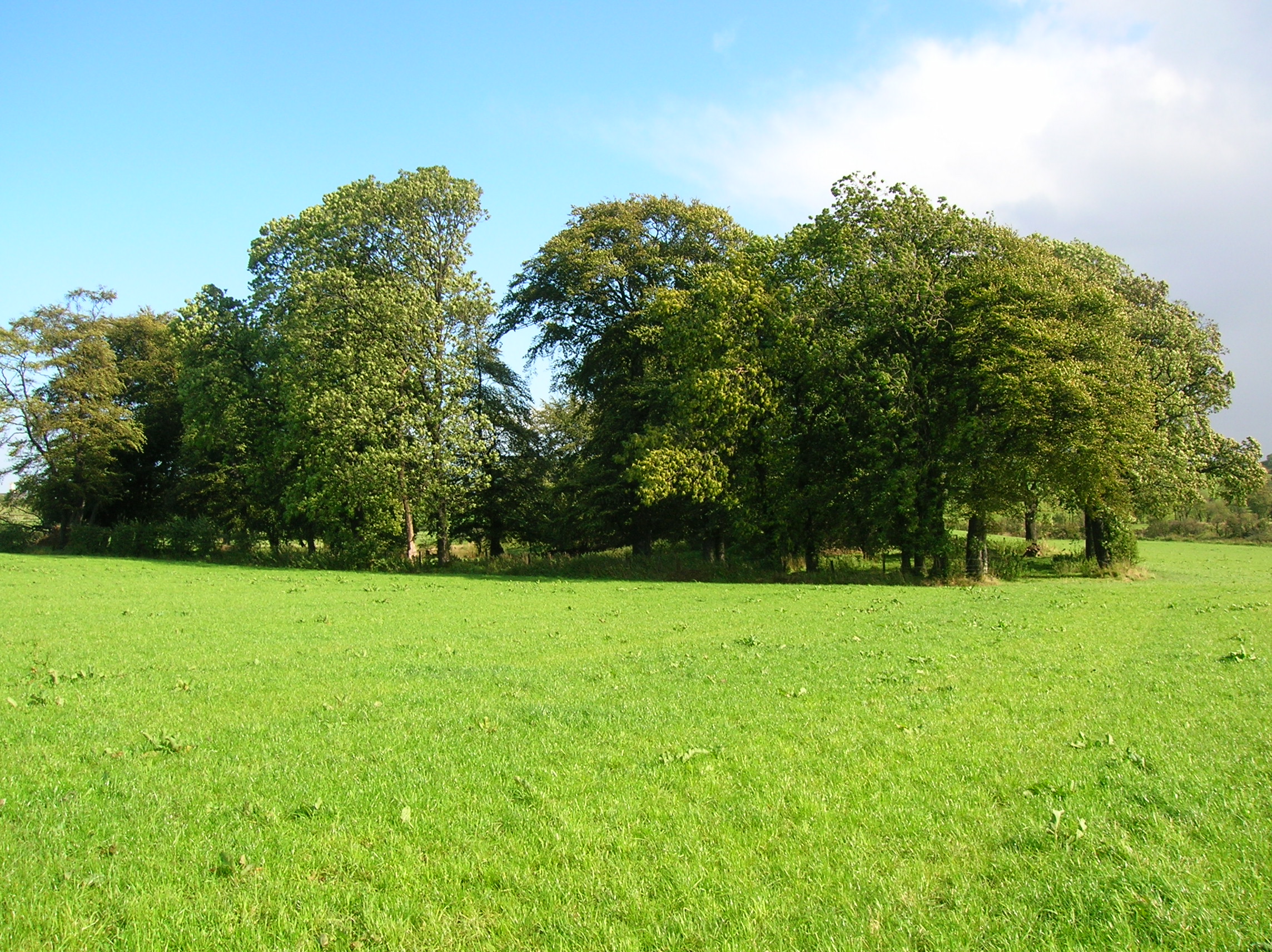 News
News
Feeding Tomorrow research: public attitudes to food sustainability
A big global challenge is to feed 8 billion people equally well, as the population rises and as ecosystem damage and climate change threaten our food supplies. Our food systems are unhealthy for the planet and our diets are unhealthy for people.
We are Flow Associates working with Flow India and People’s Palace Projects do Brasil. We are carrying out research for Lloyd’s Register Foundation and the Science Museum Group, who want to know what people in London, Rio de Janeiro and Delhi think about food sustainability, so that interested organisations can engage them more effectively on these issues. Surveys, interviews and focus groups will be conducted with families, independent adults, school groups and teachers, as well as professionals in public engagement.
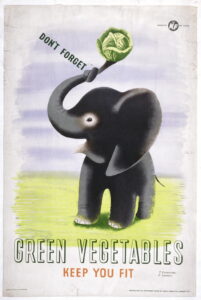
These will find out:
- What interests people about food and the state of the planet?
- What do people understand about food sustainability and its various issues?
- What do people think are the solutions?
- And how do they like to explore and learn about these issues, whether in museums or through other media?
The research is designed to explore differences and commonalities between cultural audiences in India, Brazil and the UK, in the food sustainability issues they face, how they understand them, and how they want to engage with them. The National Council of Science Museums in India and the Museum of Tomorrow in Rio de Janeiro are partners in this research, supporting access to their audiences and communities. Due to COVID-19 restrictions in all three countries, the conversations will take place online in a variety of formats rather than within the partner museums.
We want to hear your thoughts about food sustainability and would be grateful if you can share 10 minutes of your time with us to complete a survey:
https://www.surveymonkey.co.uk/r/feedingtomorrowsciencemuseum
If you would like to find out more or contribute to the research, please contact us on [email protected]
Lead image: Buffet. 1997-5002/140 Science Museum Group Collection Online © National Science and Media Museum
